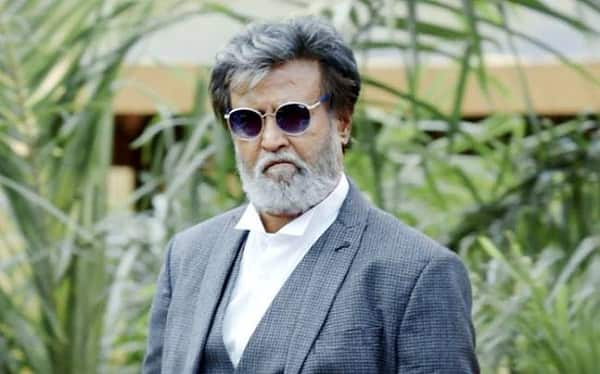

This is not surprising as most movie producers and directors across languages are upper-caste. He mentions caste as a hurdle when he talks about his marriage with his wife who faced resistance from her family.Ĭaste is the basis of India’s social structure, but movies produced in India have generally shied away from it. It appears most vividly when he explains why he prefers wearing a three-piece suit even in summer. Kabali has a strong anti-caste consciousness.

The movie has explicit and implicit references to caste, Ambedkar and Ambedkarite politics.

Therefore, Tamilmaaran feels slighted when Kabali is made the leader of the gang after Tamilmaaran’s father Tamilnesan’s death. And wherever Indians go, they take their caste with them, Malaysia being no exception. According to India’s caste system, merit is passed from one generation to another it is hereditary and naturally embodied in one’s caste. But Kabali’s leadership is challenged for his working class background and low-caste status. Kabali, played by Rajinikanth, is a common tree plantation worker who rises to the top fighting for workers’ rights. Malaysia has a sizeable Tamil population. Kabali is an action-packed movie with Malaysian gang wars as its backdrop. As the camera zooms in on the book cover, the political tone of the movie is set. The book also delves into the conflict between landowners and labour in the backdrop of untouchability. My Father Balaiah is a book by Professor Satyanarayana which talks about the discrimination his grandfather and father faced as Dalits. In the opening scene of Kabali, Rajinikanth is shown reading a book in prison titled My Father Balaiah.


 0 kommentar(er)
0 kommentar(er)
